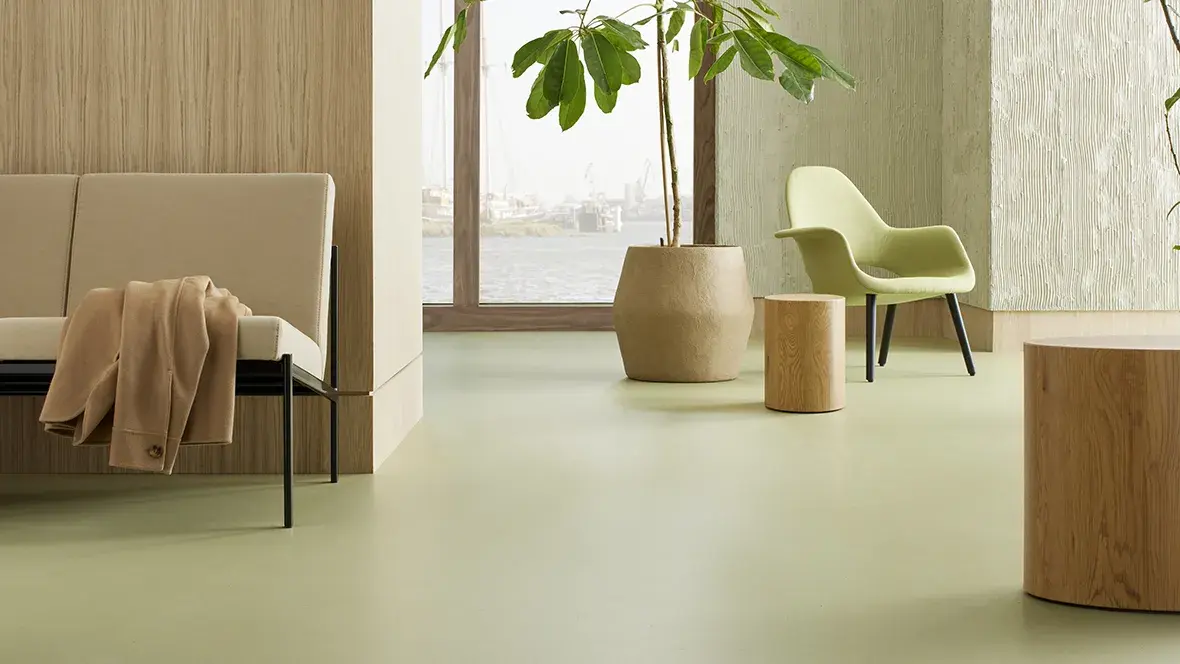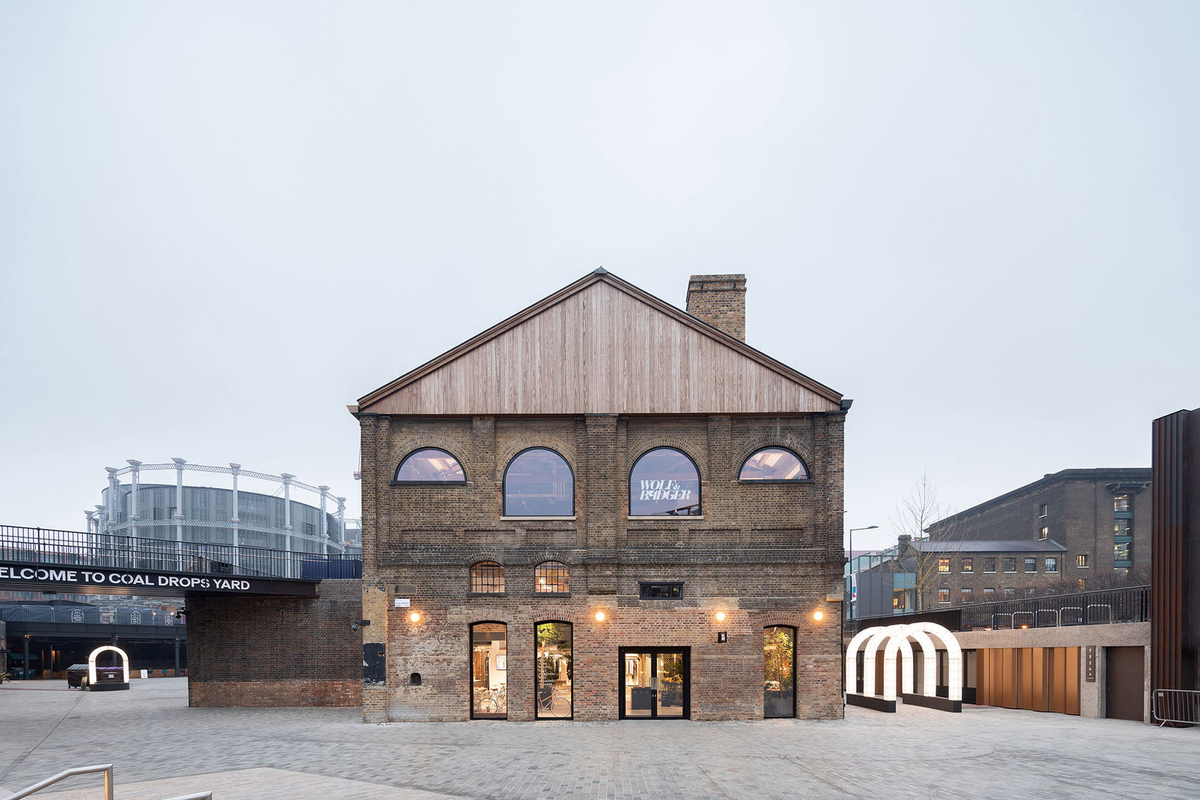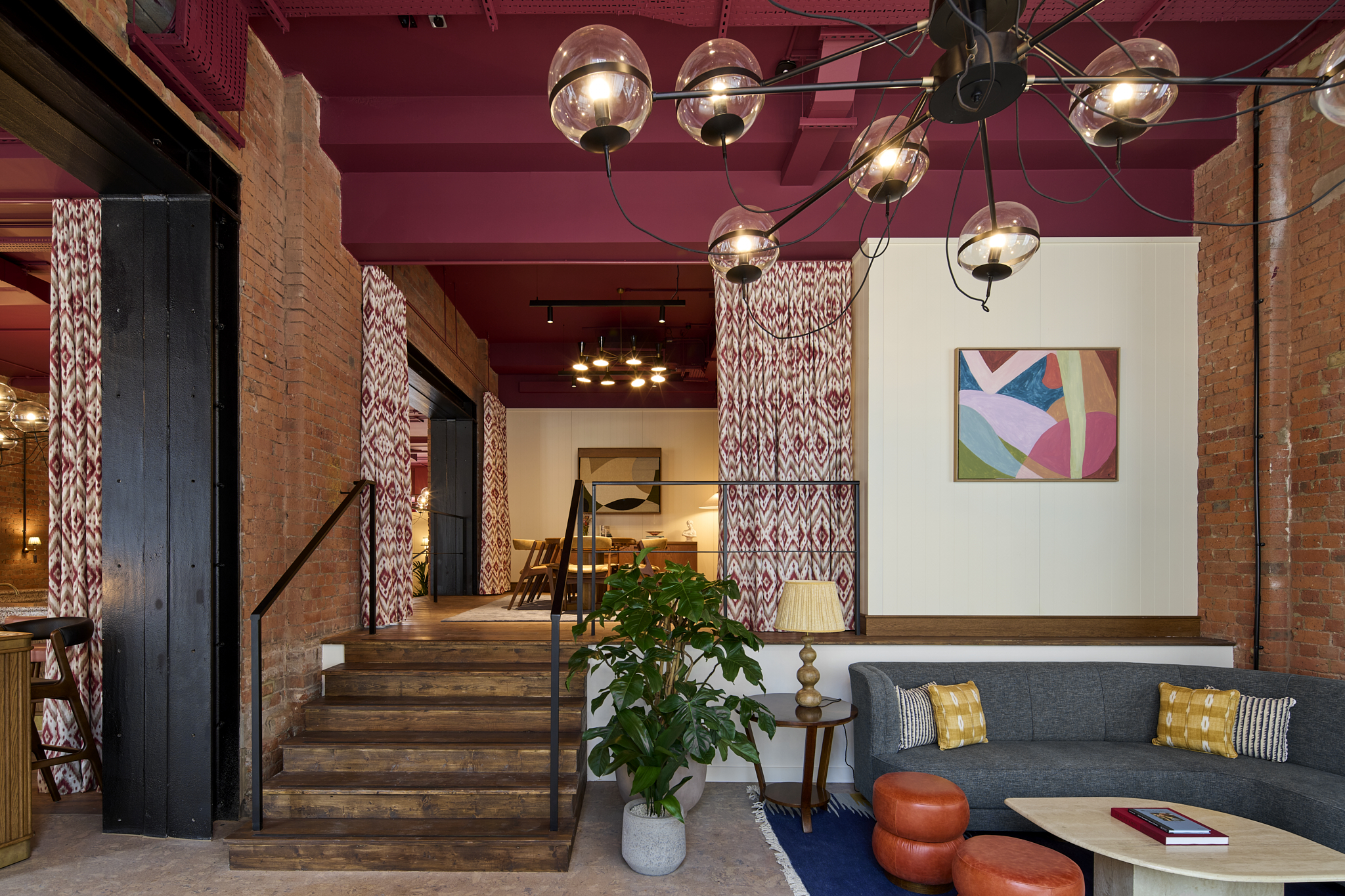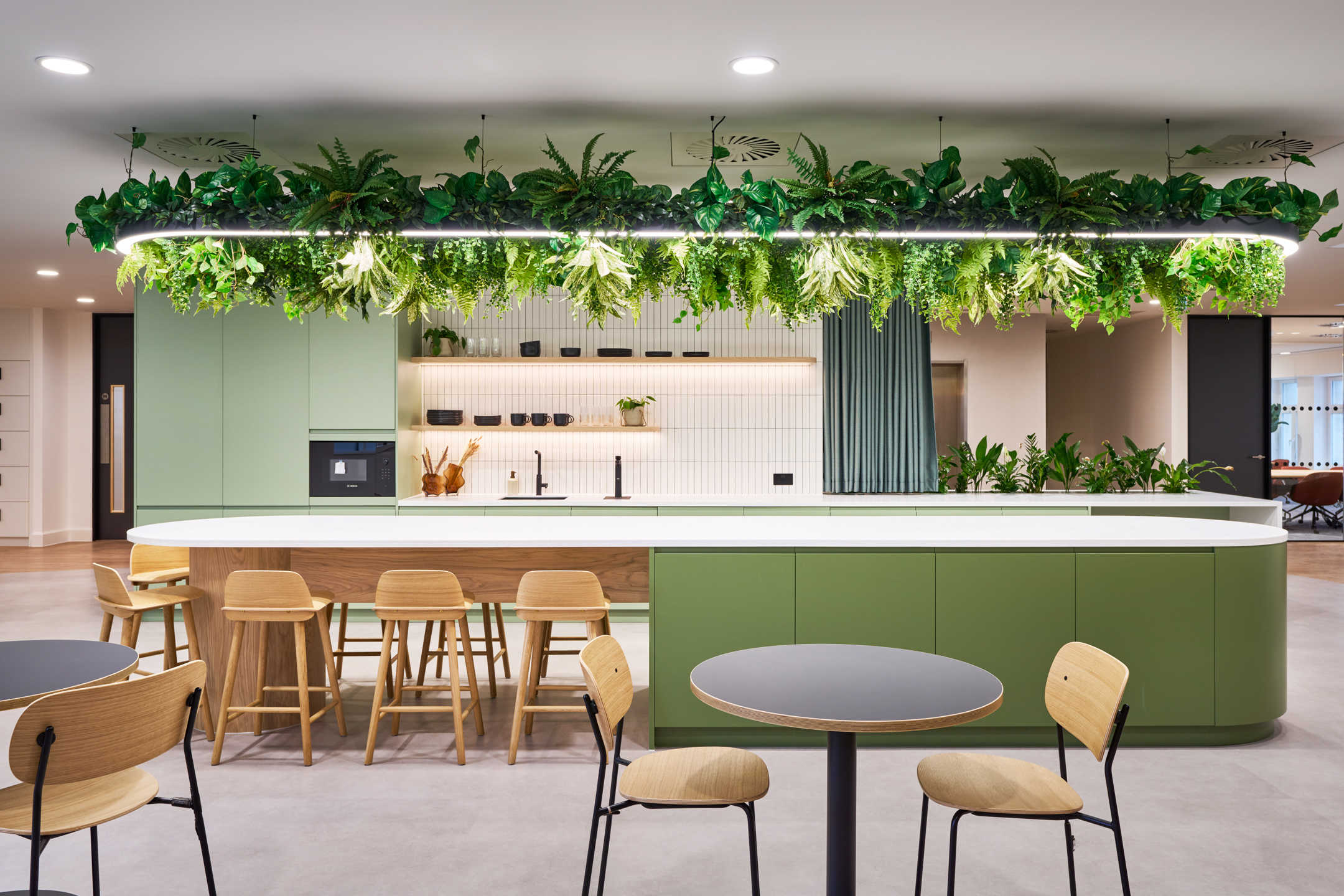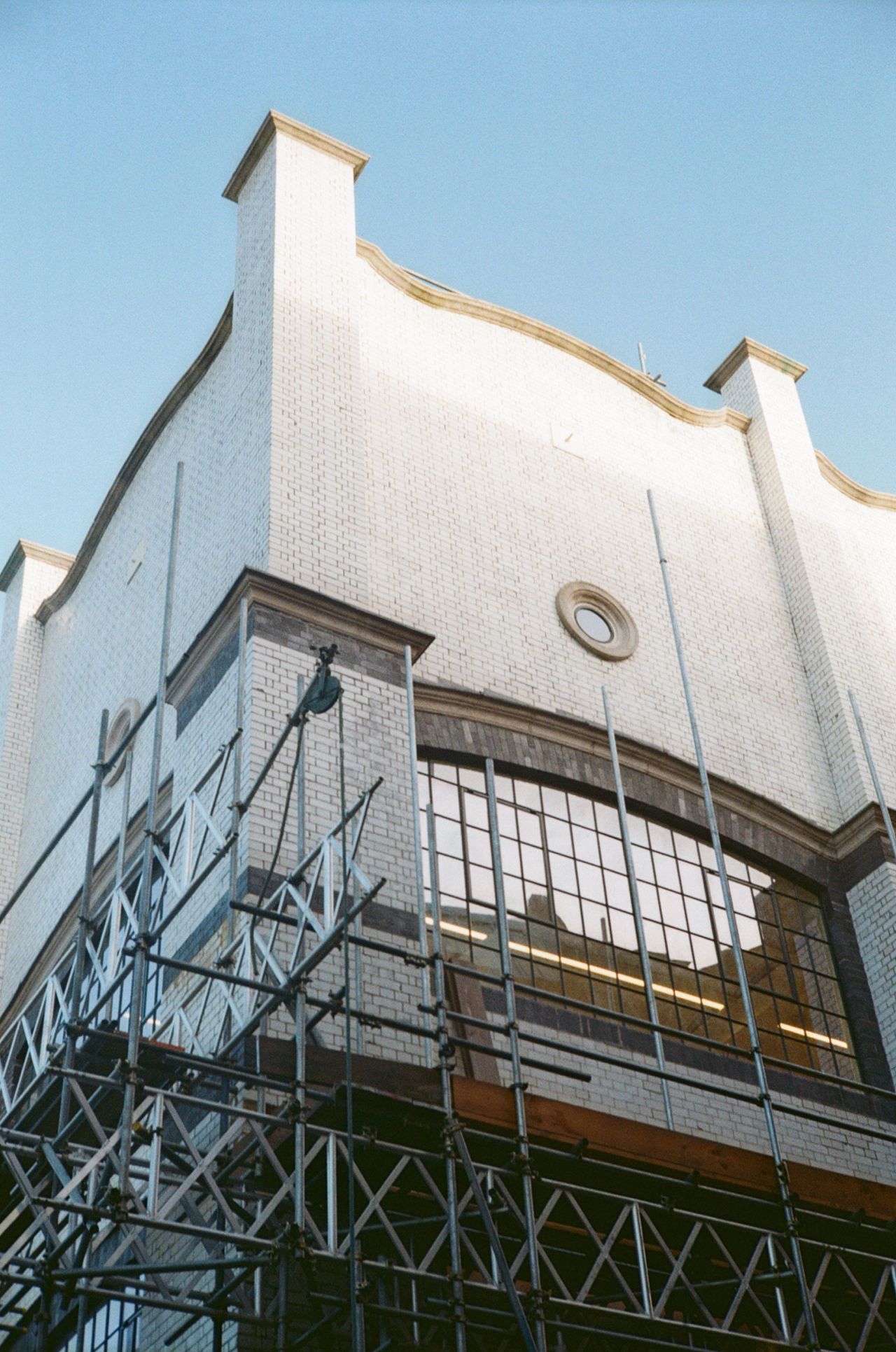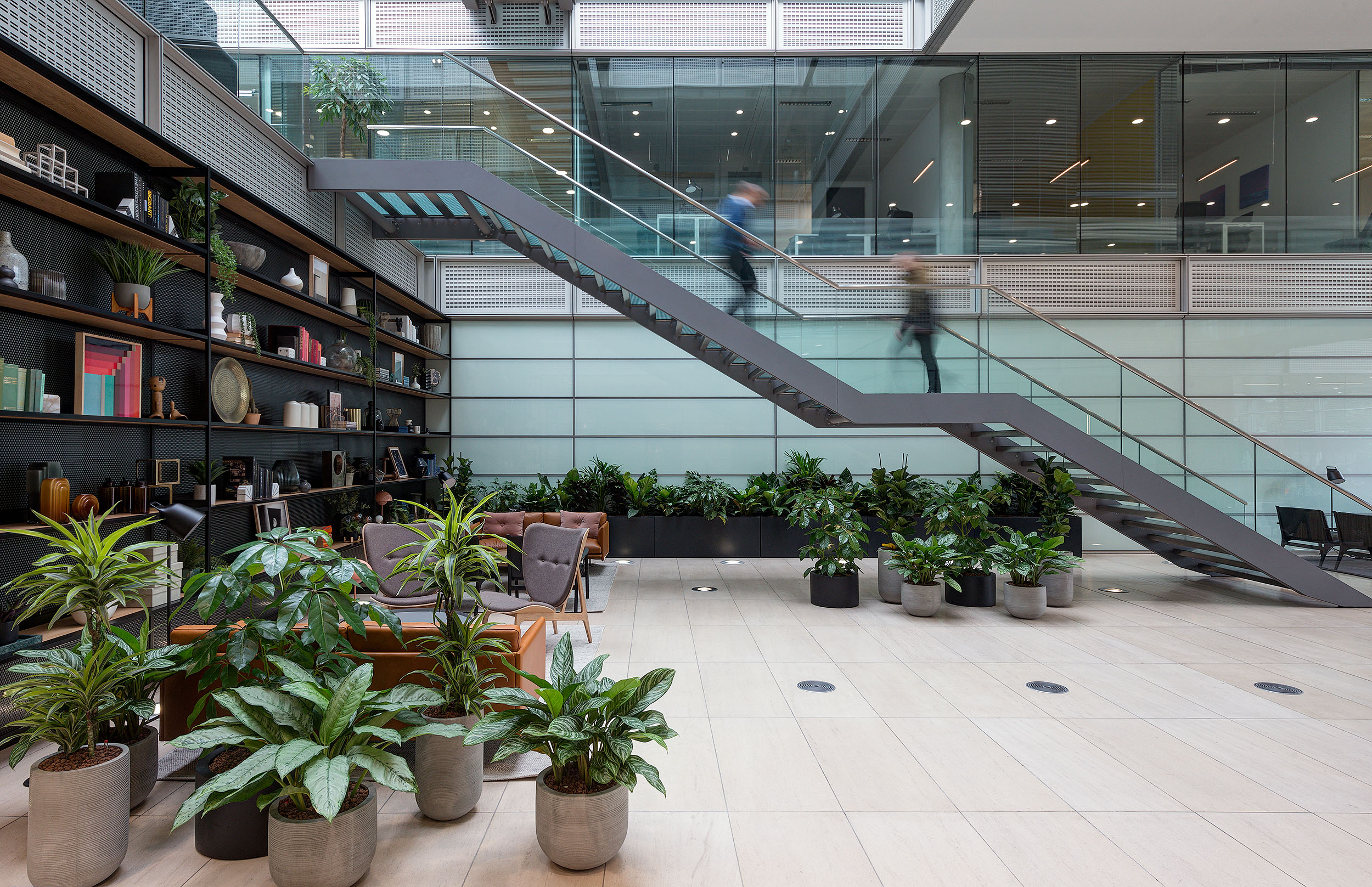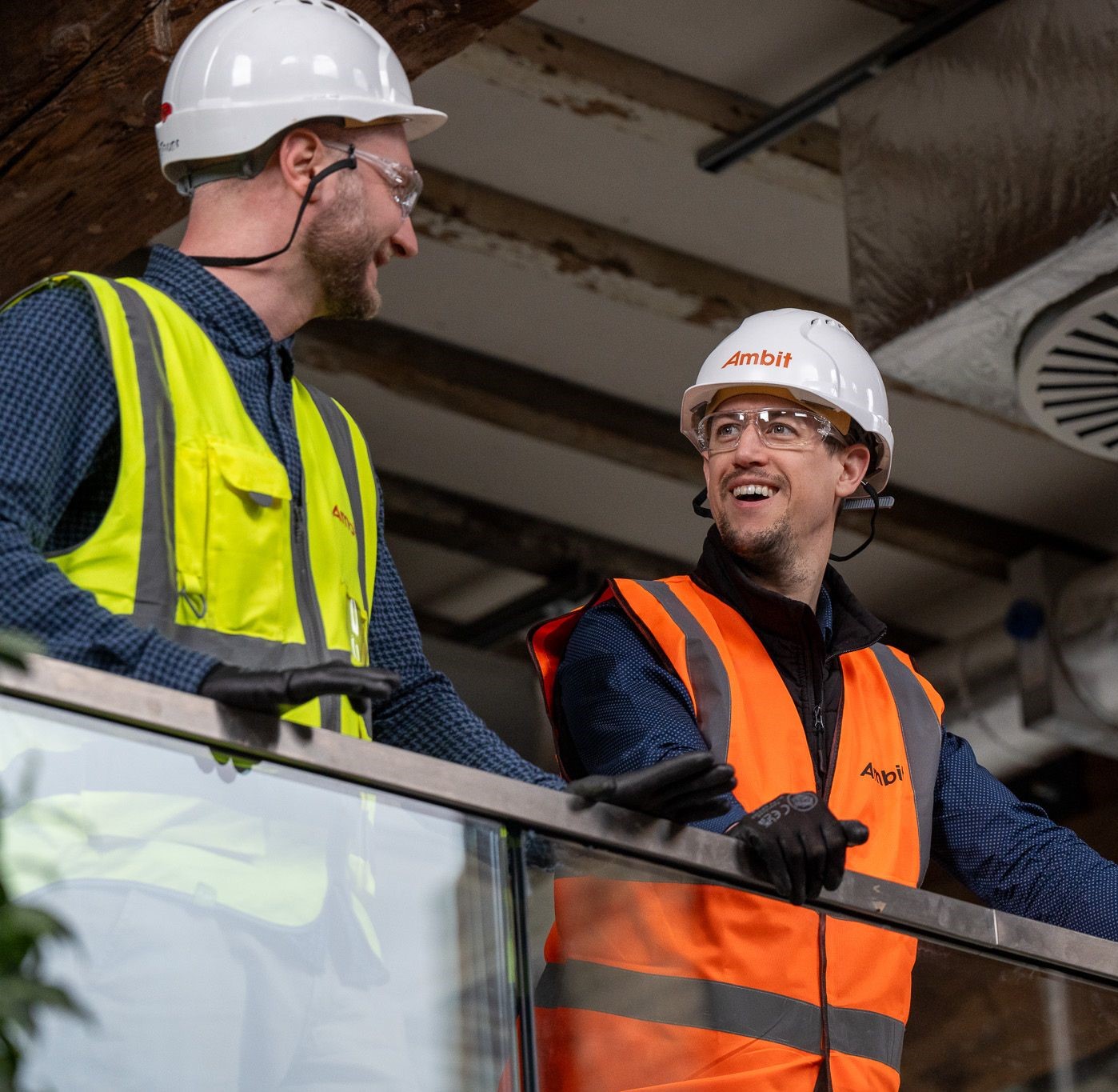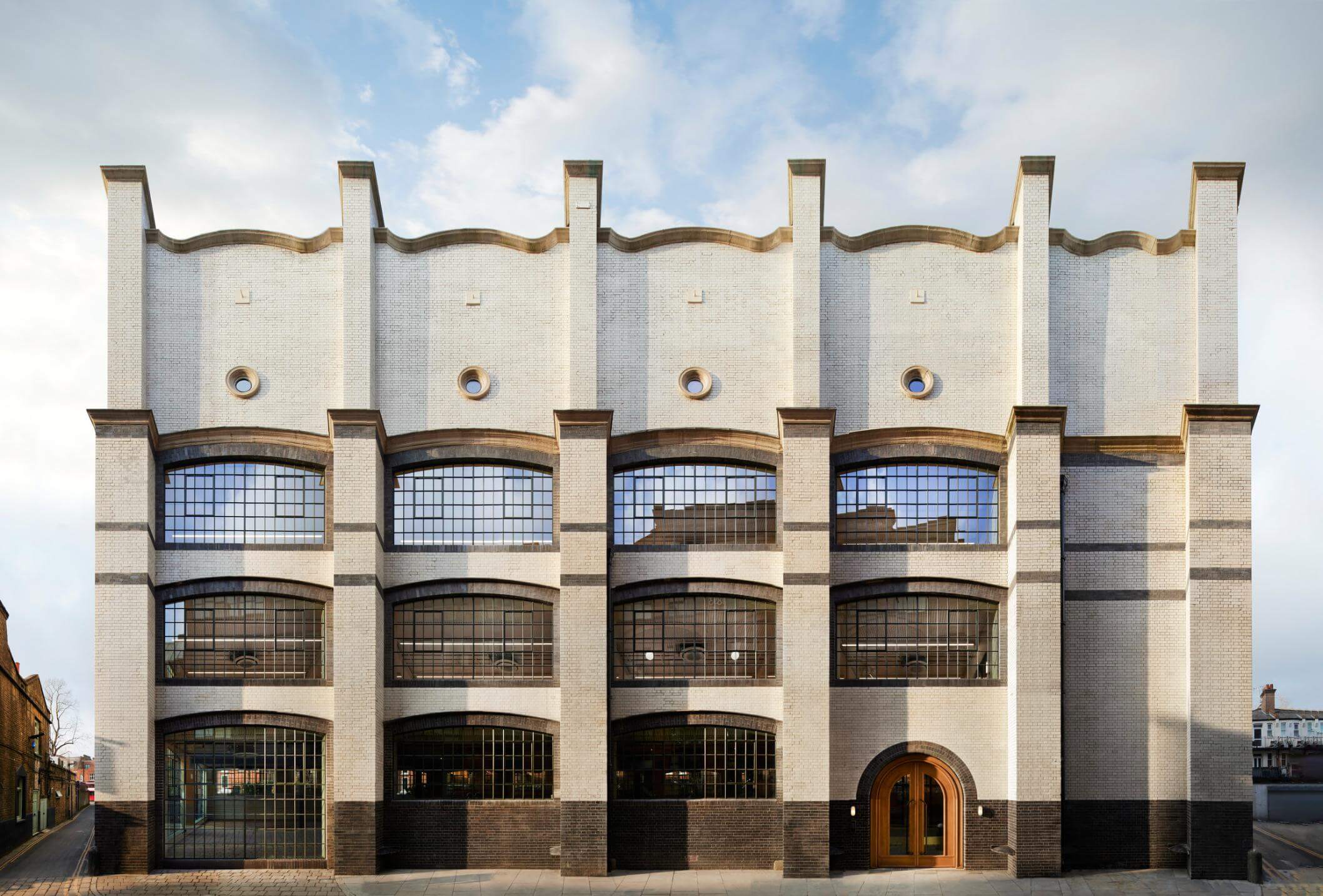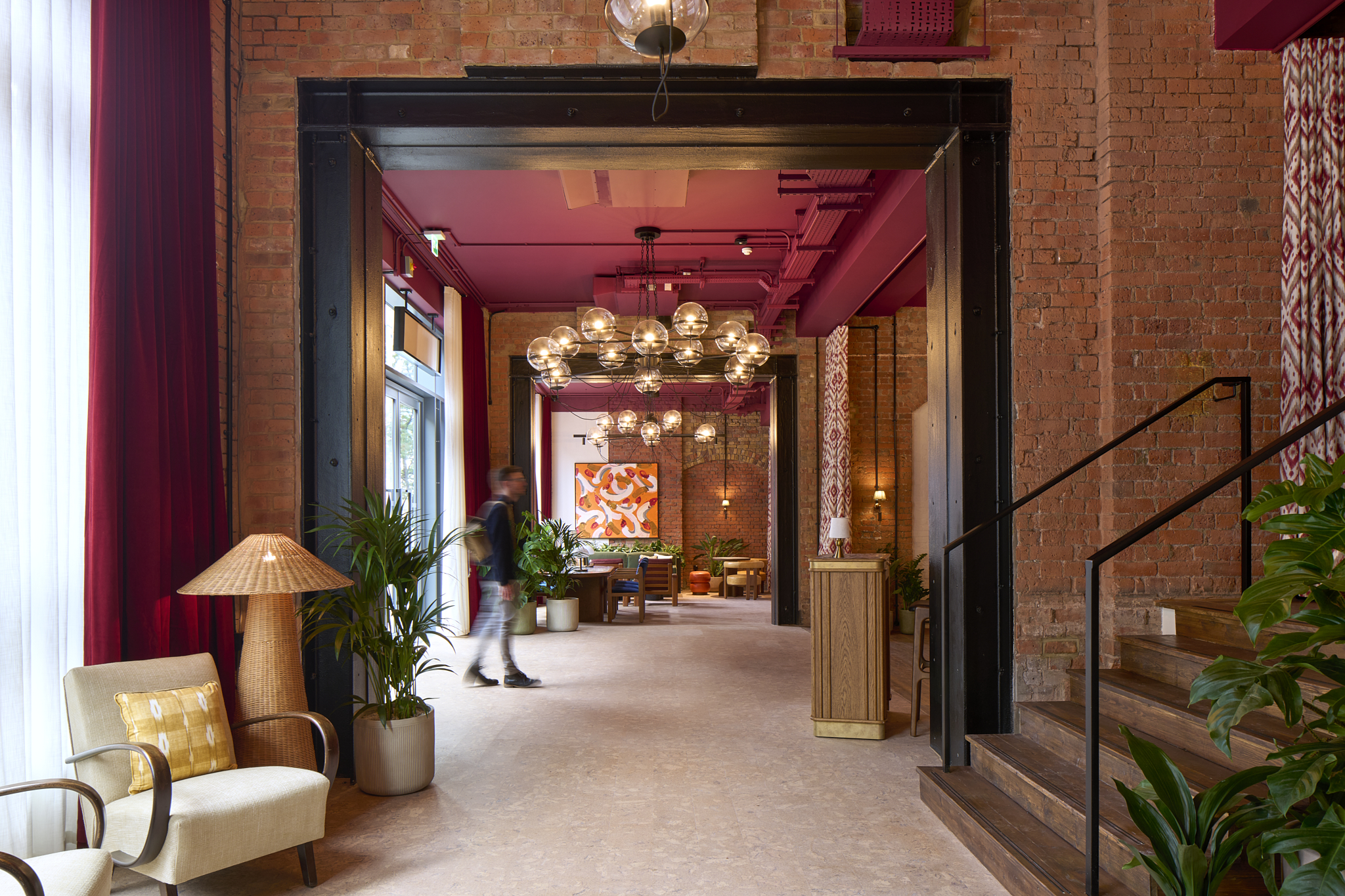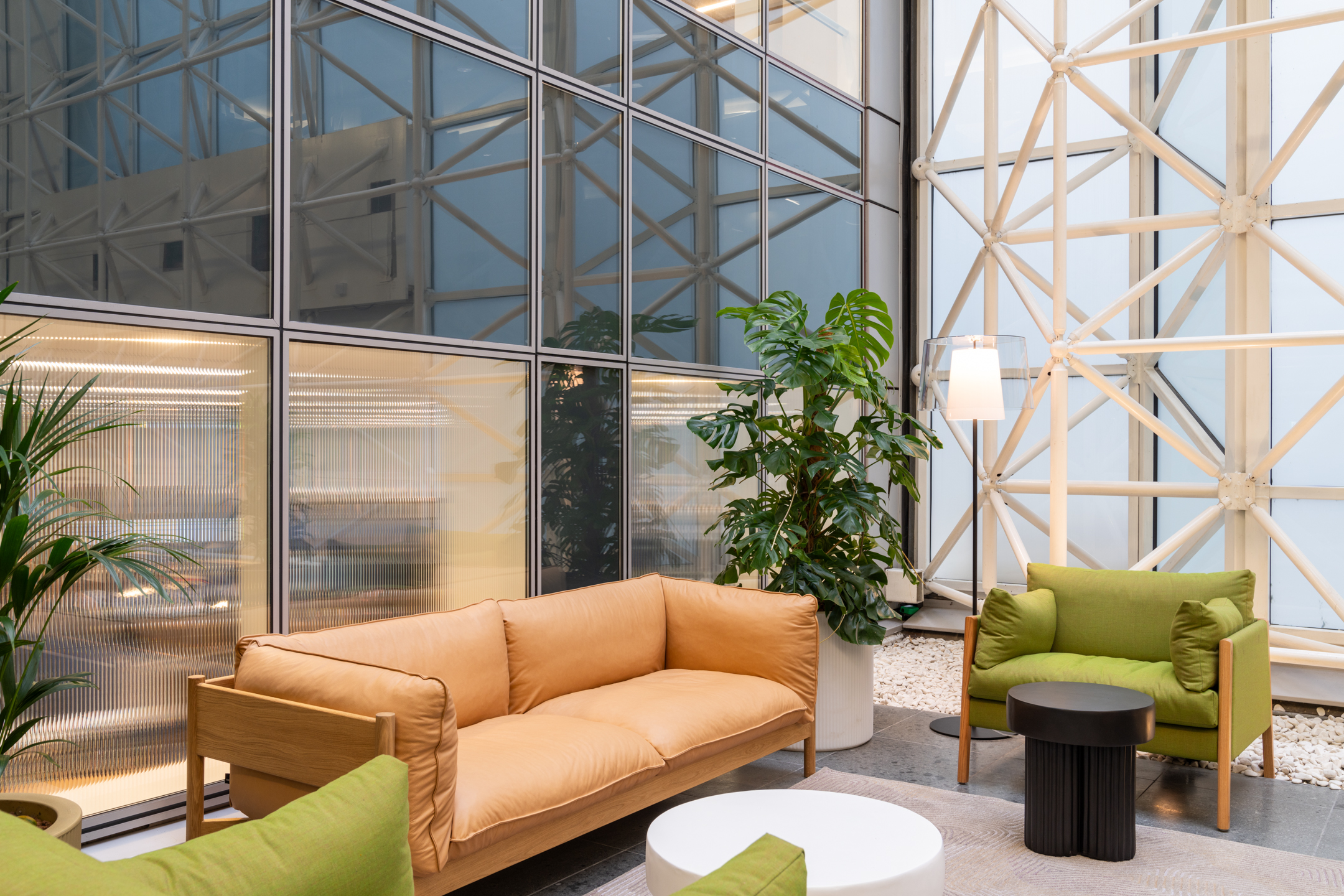Sustainable Spaces – November 2024
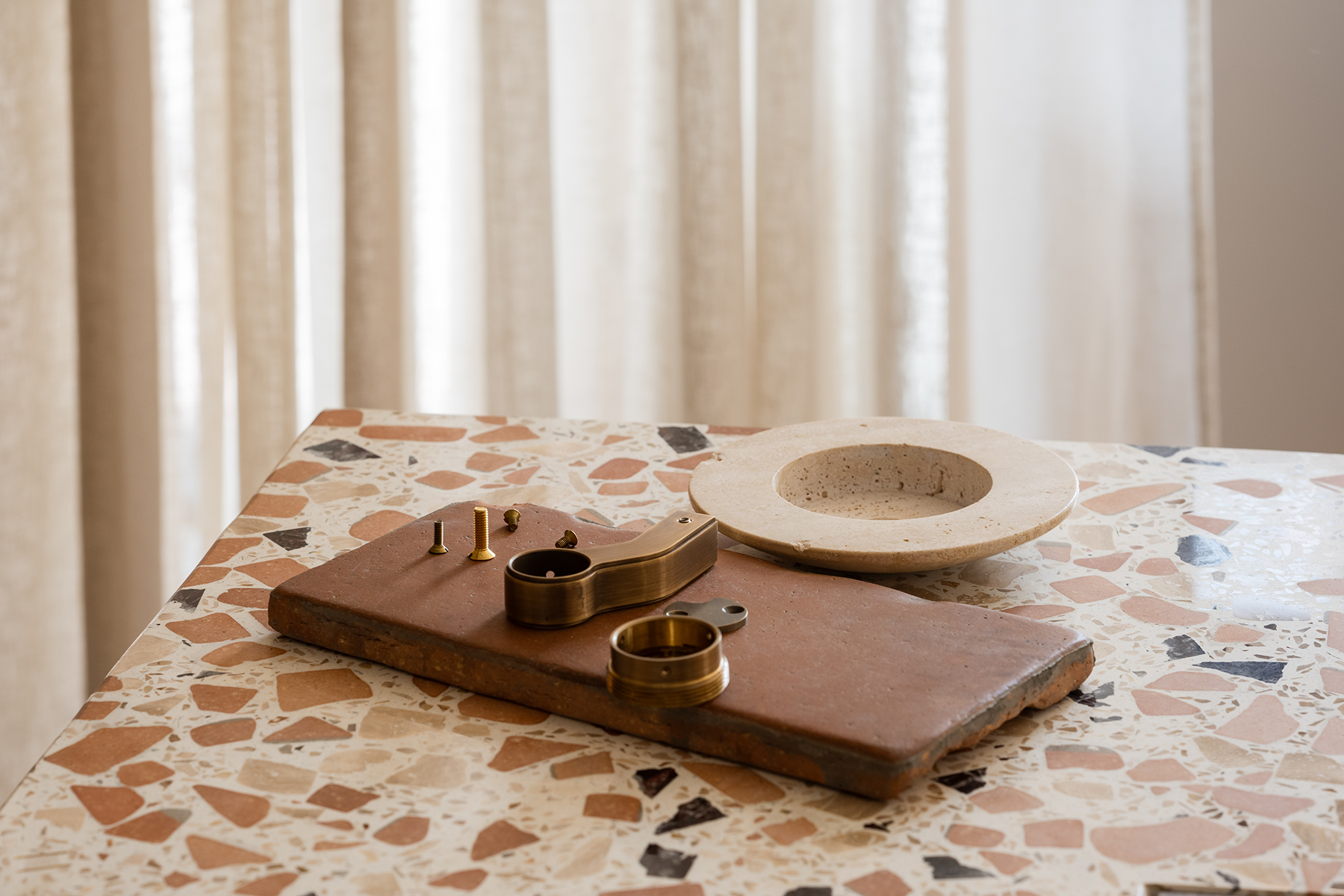
As we approach 2025, the push for sustainability in construction is stronger than ever, driven by environmental concerns and regulatory pressures.
The construction industry consumes 3 billion tonnes of raw materials annually worldwide, accounting for 40% of global usage. In the UK alone, the sector uses 6 million tonnes of energy, emits 10.8 million tonnes of CO2, and generates 62% of the nation’s total waste, with 32% of that waste ending up in landfills.
Adopting sustainable practices is essential to minimise this environmental impact and reduce operating costs, offering potential savings of up to 23% in the first year and 43-49% within five years. This edition highlights the eco-friendly innovations we’re eager to implement, featuring insights from our Head of Sustainability, Matt Robinson, Senior Technical Service Manager, Ian Martin, and Junior Designer, Sophie Fowler.
Spolia by Solus
Spolia, the latest terrazzo range from Solus, embraces sustainable design by transforming demolition waste into terrazzo tiles. Manufactured in the UK using low-carbon cement from factories in Manchester and Leeds, it reduces transportation emissions and promotes local sourcing. Spolia allows architects and designers to incorporate site-specific waste, pushing the boundaries of customisation while cutting down on material waste. With its durability and versatility for indoor and outdoor use, Spolia is a perfect eco-conscious choice that champions the circular economy.
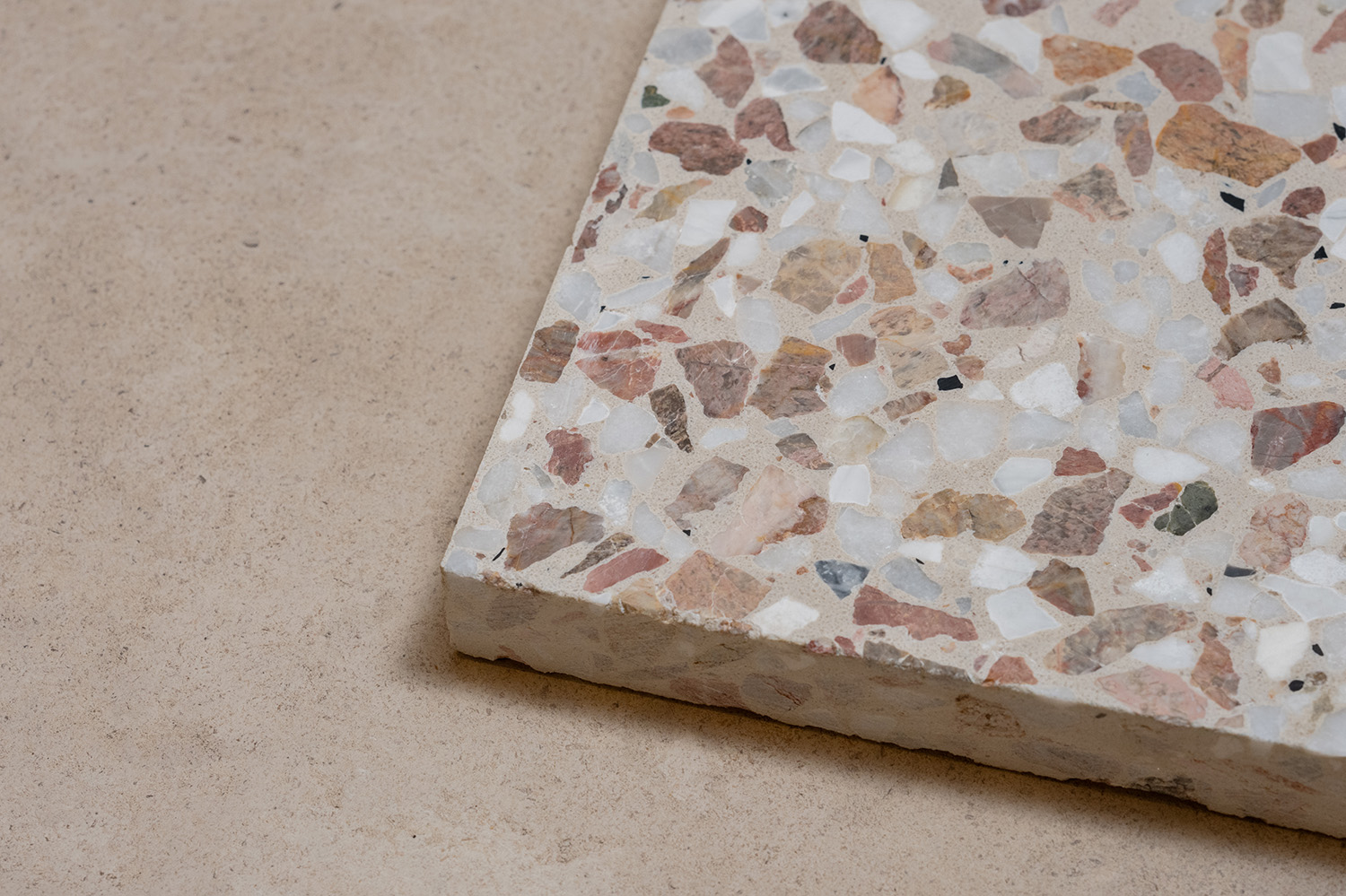
Key Attributes:
Circular design: Spolia terrazzo transforms demolition waste into new tiles, supporting the circular economy and reducing landfill impact.
Low-carbon cement: Tiles are bound with low-carbon cement and manufactured locally in Manchester and Leeds, minimising transportation emissions.
Custom waste integration: Architects can incorporate project-specific waste materials, offering a unique, sustainable design solution

“Integrating circular economy principles into our designs and construction processes is becoming a central point of Ambit’s projects. We want to highlight materials such as the Spolia range as it allows us to reduce waste, reduce carbon, and in some cases, maintain the heritage of a building by using the building’s demolished brickwork back into the new fit-out.”
Matt Robinson, Head of Sustainability
Eco Duct
This innovative ductwork system is designed with sustainability and performance in mind. Its phenolic base is pre-insulated and reduces carbon emissions during production and installation, while the smoother inner surface ensures cleaner airflow and minimises pathogen spread. Fully compliant with BREEAM, WELL, NABERS, and LEED certifications, it is fully recyclable and cuts CO2 emissions by up to 75%. Its durability and thermal efficiency outperform standard ductwork, and its compact, customisable design provides greater flexibility.
Key Attributes:
Sustainability: The phenolic-based system reduces CO2 emissions by up to 75% and is fully recyclable, making it a sustainable choice.
Durability: Highly robust with enhanced thermal efficiency, it offers a long lifespan, matching or exceeding 25 years.
Design Flexibility: The pre-insulated ductwork can be moulded into various shapes and sizes, providing greater aesthetic and spatial flexibility and up to 30% smaller than standard systems.
“We’re excited to use this system in our projects and eager to see its impact. I’m particularly looking forward to how it enhances open-plan ceiling designs. I have no doubt our clients will be impressed by its aesthetic and functionality. I believe it has the potential to become a market leader soon.”
Ian Martin, Senior Technical Service Manager
Marmoleum Cocoa by Forbo Flooring System
Marmoleum Cocoa by Forbo Flooring takes a unique approach to sustainable design by incorporating cocoa bean shells into the marmoleum, creating a natural texture and reducing waste. Made from 97% natural and renewable raw materials, including 43% recycled content from industry waste like wood flour and uplifted flooring, it is produced with 100% green electricity. The product is fully recyclable, and Forbo’s take-back program ensures old floors are recycled into new ones. Marmoleum Cocoa is durable, eco-friendly, and ideal for high-traffic spaces, offering both sustainability and distinctive design.
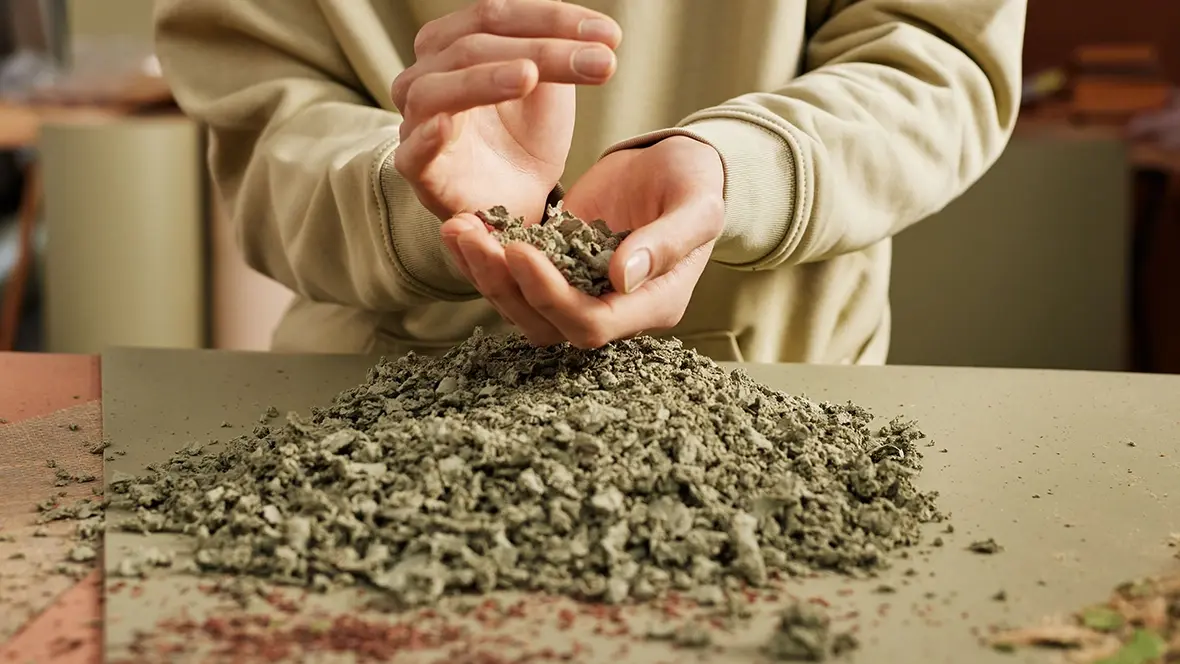
Key Attributes:
Sustainable design: Incorporating cocoa bean shells and 97% natural materials supports waste reduction and recycling.
Long-lasting: Designed for high-traffic areas, ensuring durability and performance over time.
Unique aesthetic: The natural texture of cocoa bean shells adds a visually distinct and eco-conscious finish.
“I’m excited to use Marmoleum Cocoa in 2025 because it blends sustainability with style in a unique way. Using cocoa bean shells gives it a natural texture, while the recycled content and green production align with our commitment to eco-friendly design. Plus, it’s fully recyclable, making it an ideal choice for long-term projects.”
Sophie Fowler, Designer
